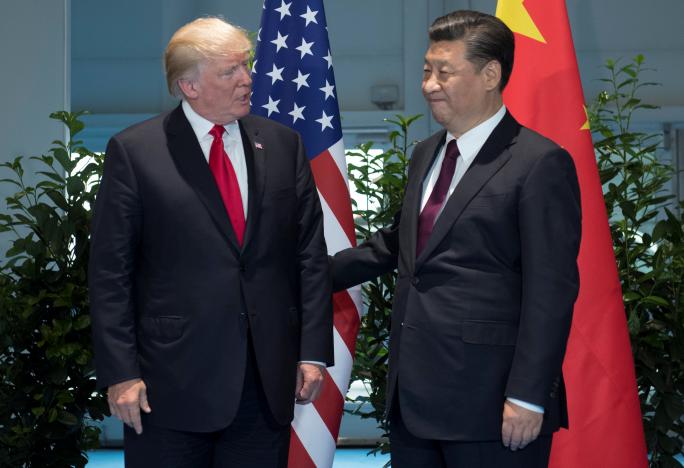What will the world look like when the heat and dust settle on the red hot coronavirus story? Will it be the same globalised, highly interconnected sphere it was before the contagion broke out? More likely than not, the world will be a less globalised one in the aftermath of the coronavirus epidemic. Yes, globalisation will be a high-street casualty of Covid-19.
Failing supply chain dependence
The outbreak has not only forced social distancing but has also forced an economic self-isolation for countries and corporates alike. Individuals, nation states and companies will get used to the new normal. Thomas Friedman, who serenaded the unabashed celebration of globalisation in his book 'The World is Flat', said global supply chains had reached a stage where even a 24-hour disruption was like 'pouring cement down one of your oil wells.' Going by that wisdom, one could imagine what might have happened to the supply chain pipelines in the last two months of global lockdown.
From Alvin Toffler to 2008 crisis
Between 1970 and 2008, global trade saw an exponential rise. Trade between countries as a share of GDP rose from 27 percent to more than 60 percent during that period, before stabilizing at that level and finally edging down. 1970 was when Alvin Toffler heralded the globalised age of information technology in his cult book 'Future Shock.' And 2008 was when the credit crisis in the US sent the global economy into a tailspin, causing years of slowdown.
90s and the the final ideological answer
The next big boost for globalisation came in the early 90s, after the collapse of the Soviet Union. As Francis Fukuyama argued, the world had reached the final ideological answer -- history had ended and there was only free market capitalism, coupled with liberal democracy, standing. The last decade of the 20th century and the first of the 21st made people believe that a globalised economy, liberal-dominated politics, and an open-ended society were here to stay. But as is always true, nothing was to be permanent.
From mutual benefits to zero sum game

The last decade saw the world pivoting away from hyper globalisation in the economic narrative even as a conservative-nationalist politics slowly arrived on the centre-stage in many large countries. These changes will be galvanised by the post-outbreak churn set to happen in the coming years. More likely than not, the US and China will engage in a zero sum battle in the post-coronavirus era for world dominance, rather than settle with a mutually beneficial globalised system.
The fault lines are already clear, with President Trump aggressively calling China out on its botched virus theories. Rather than the comfort of inter-dependence, strong nations states will choose the safety of independence - whether it's in the matter of vaccines, ventilators or weapons.
Govts won't give up powers amassed during lockdown

Even within countries, the sweeping powers the governments bestowed on themselves as they fought coronavirus will never be parted with. The virus battle allowed the governments to force greater surveillance than before and get access to more personal data than before. It also gave them a great deal of arbitrary powers in every single aspect of civic life. Unless you were living under a rock you would vouch for the 'power of the government' that has been on display in the months of the lockdown. And you are wrong if you think the governments will relinquish all that power too soon. They may cede with some of these sweeping powers after the contagion but not all.
Rise of nationalism in post-pandemic world
In the post-pandemic world, the nationalist/conservative political forces will have the upper hand. Liberal-leaning observers have already written the obituary of the Trump presidency in the United States, but more likely than not, they will be proved wrong in November 2020. Whether it's Hungary, Turkey, India, Russia or Brazil, the story won't be different.
Of course, there's no going back to the pastoral world of the barter system, but in the post-pandemic world people will prefer strong, nationalist leaders who will secure their borders and their supplies, rather than keep an open door. Of course, this will have implications on the economy. The interconnected world helped optimise the resources phenomenally, resulting in far greater levels of prosperity than would have been possible otherwise. So, yes the world will be poorer - for a time at least - but this is the path most nations will trudge down in the near future.
It isn't bad news after all
Caught in the pandemic, the US realised that most of its life-saving medicines are manufactured in China and India. In a paranoid world facing a contagion, sanguine theories of uninterrupted, extremely dependable supply chains do not work; your dependence on others is real. Nationalism will be the undoubted byproduct of this preference for greater levels of self-dependence. With major nations getting entrenched on these lines, the geopolitics of globalisation will have entered a new phase. And that's not bad news at all.









